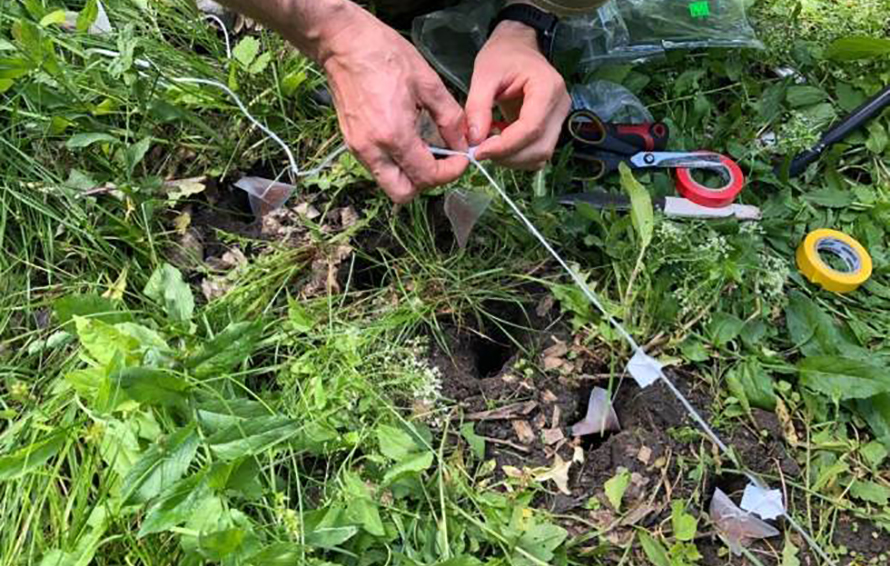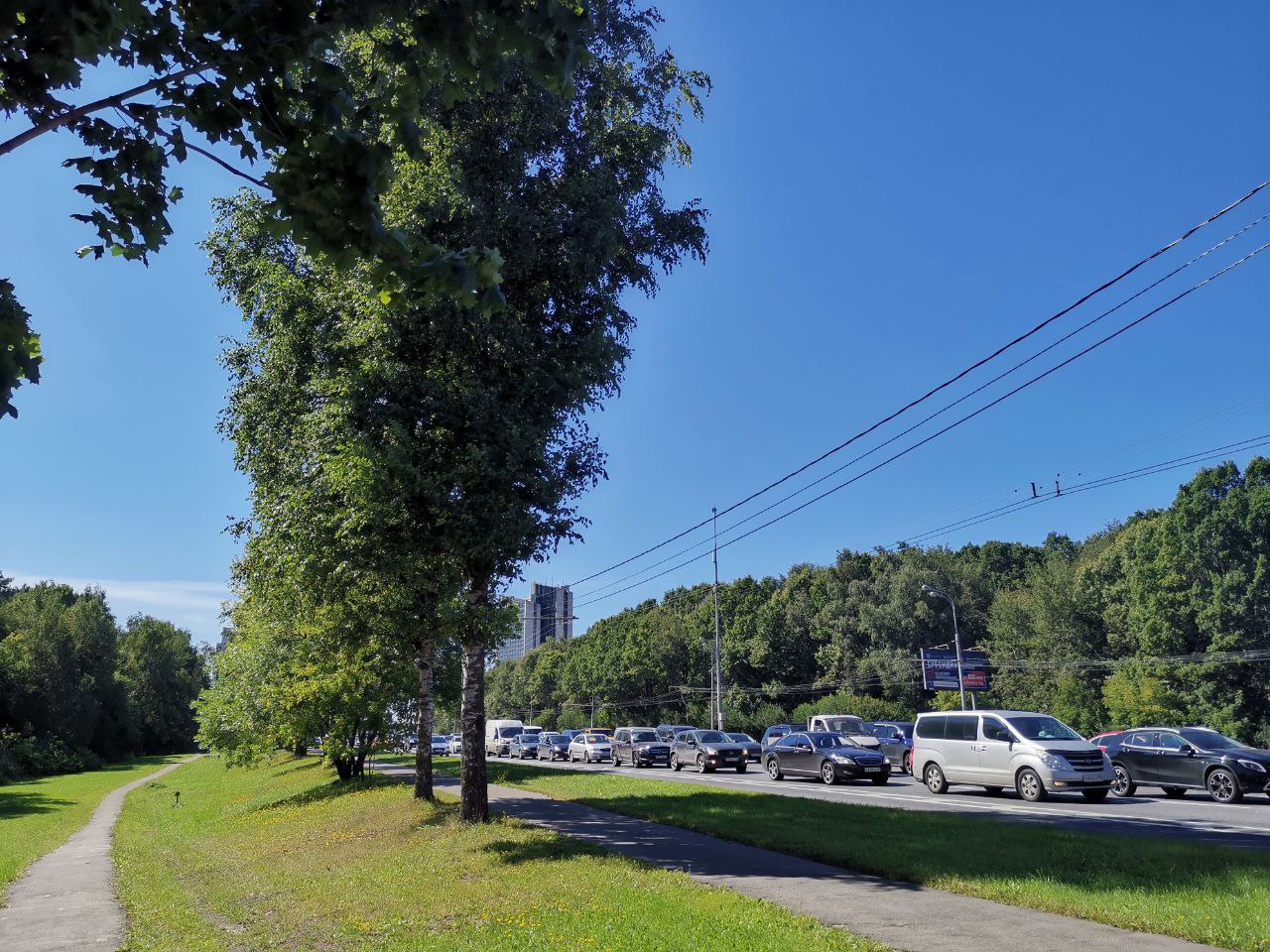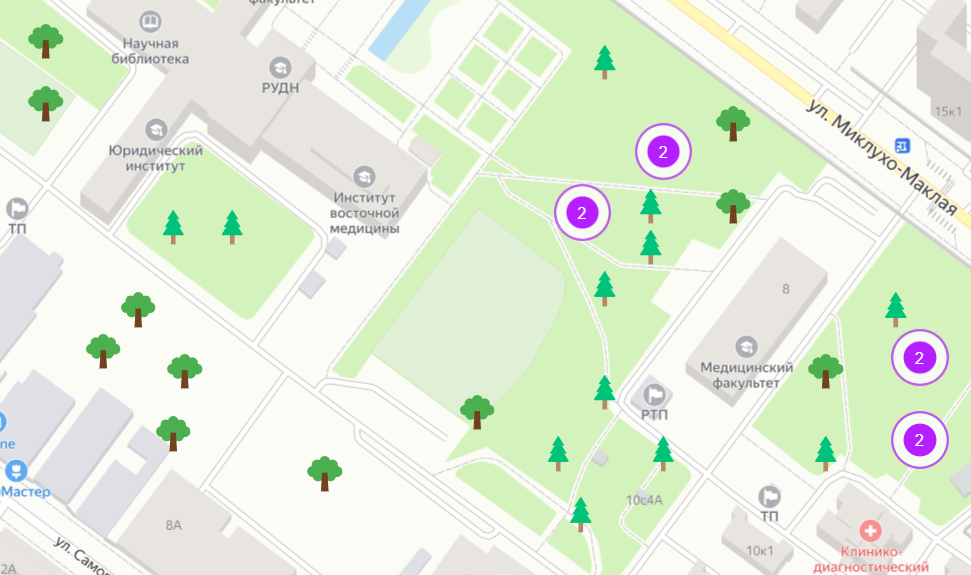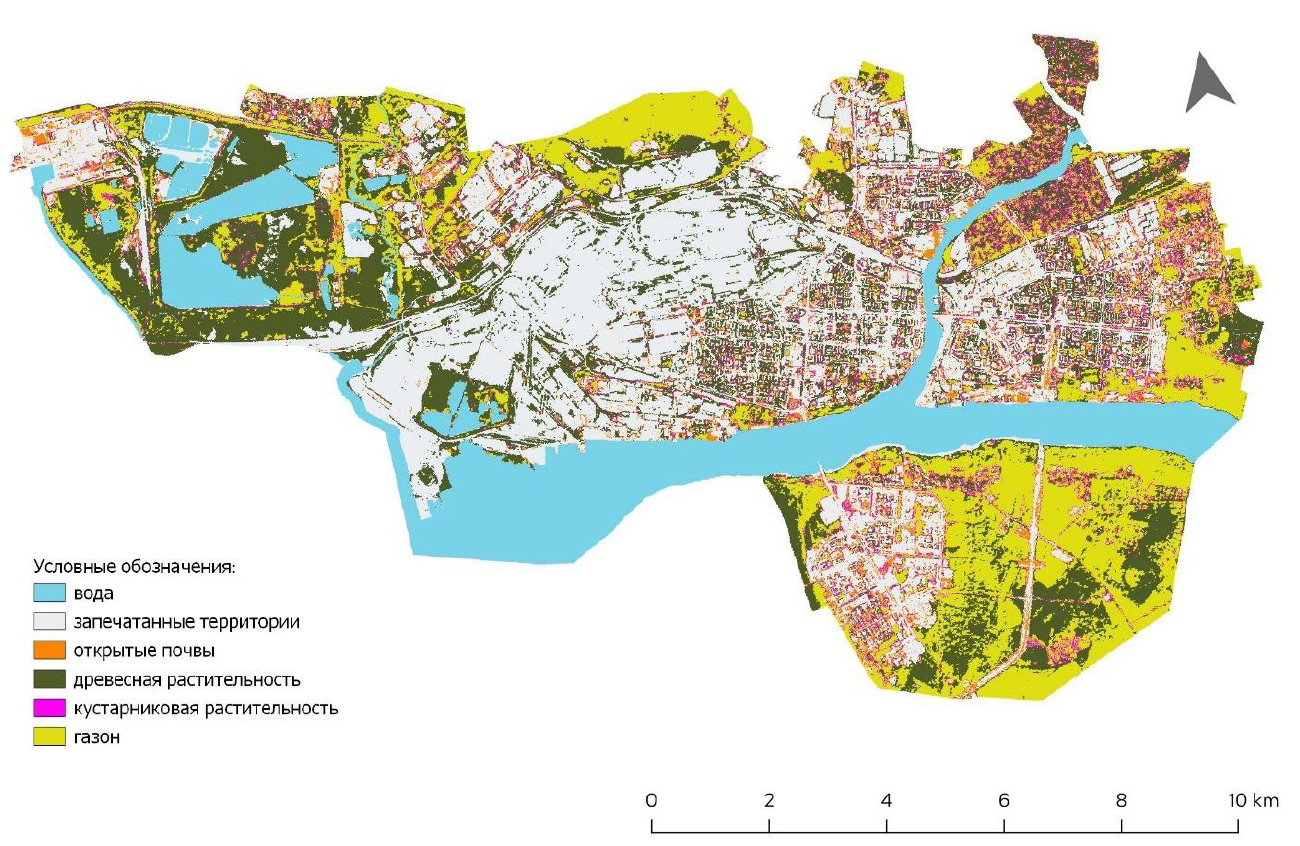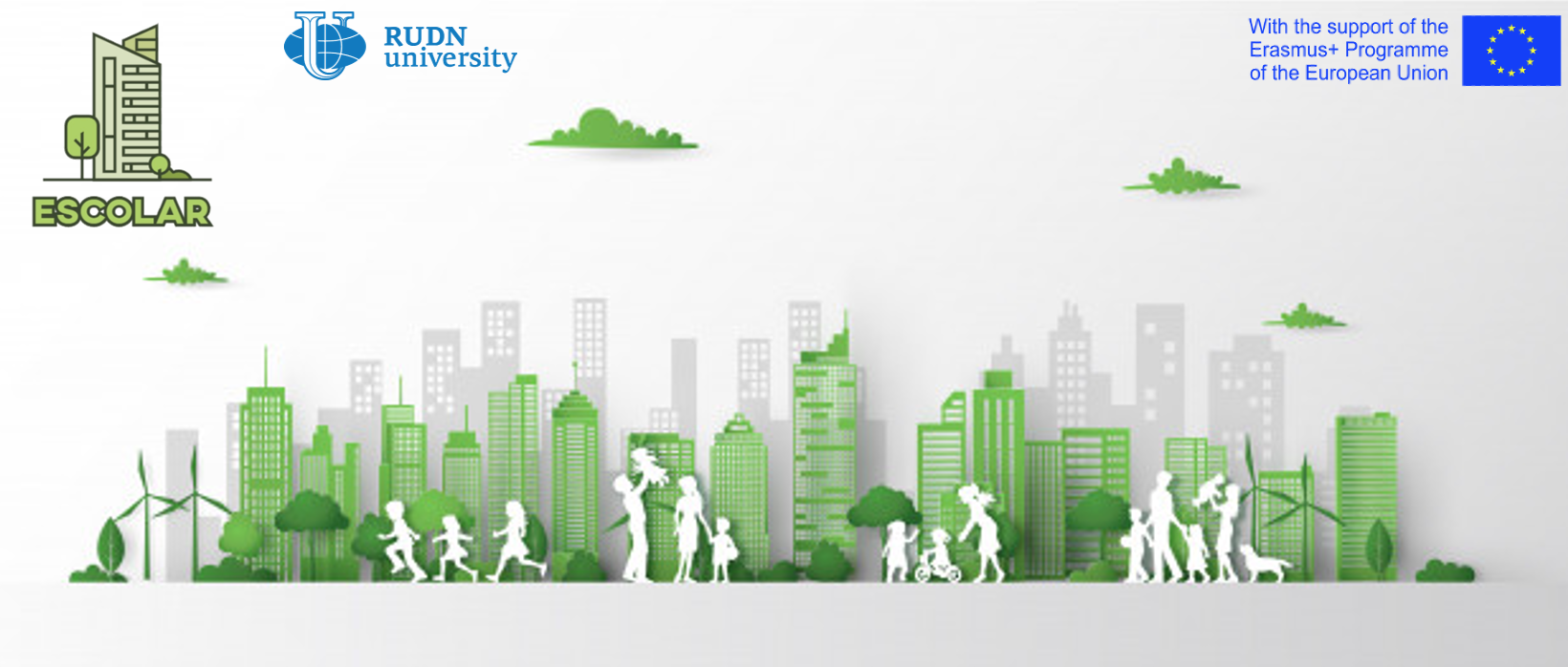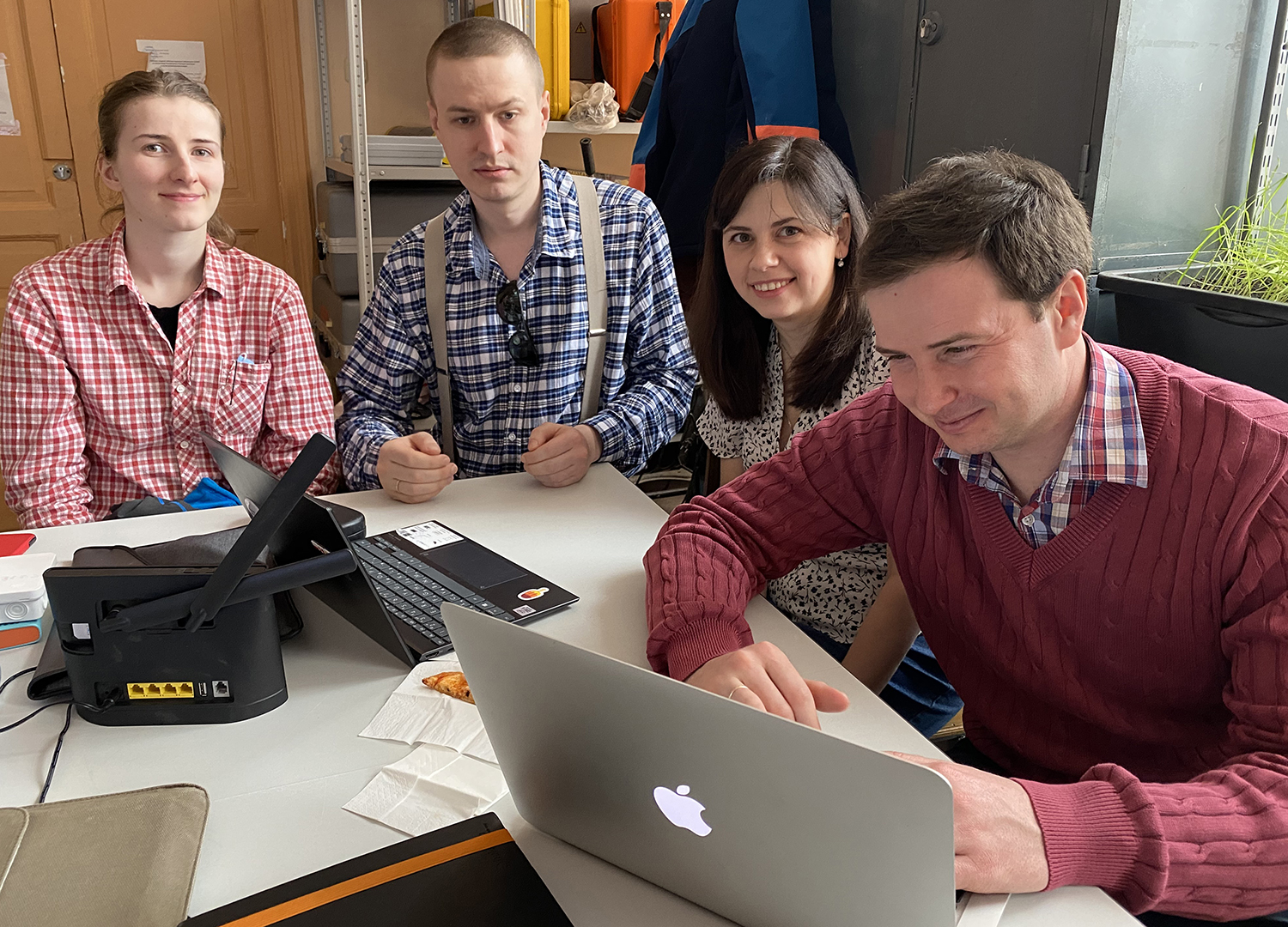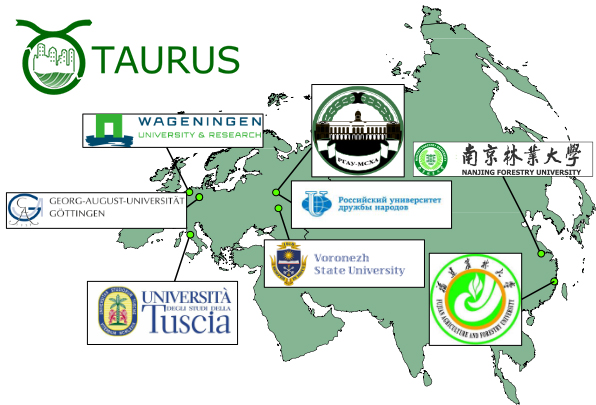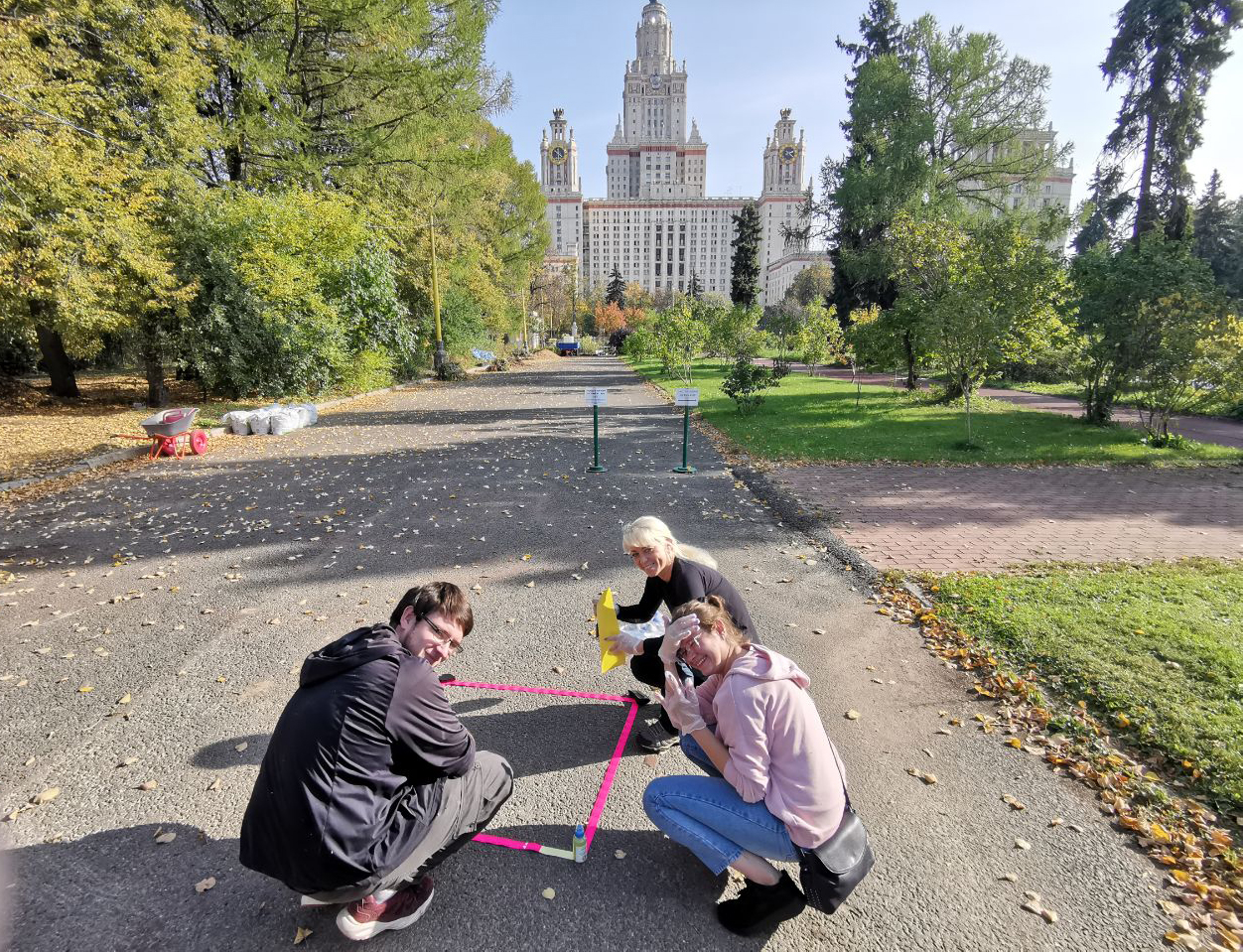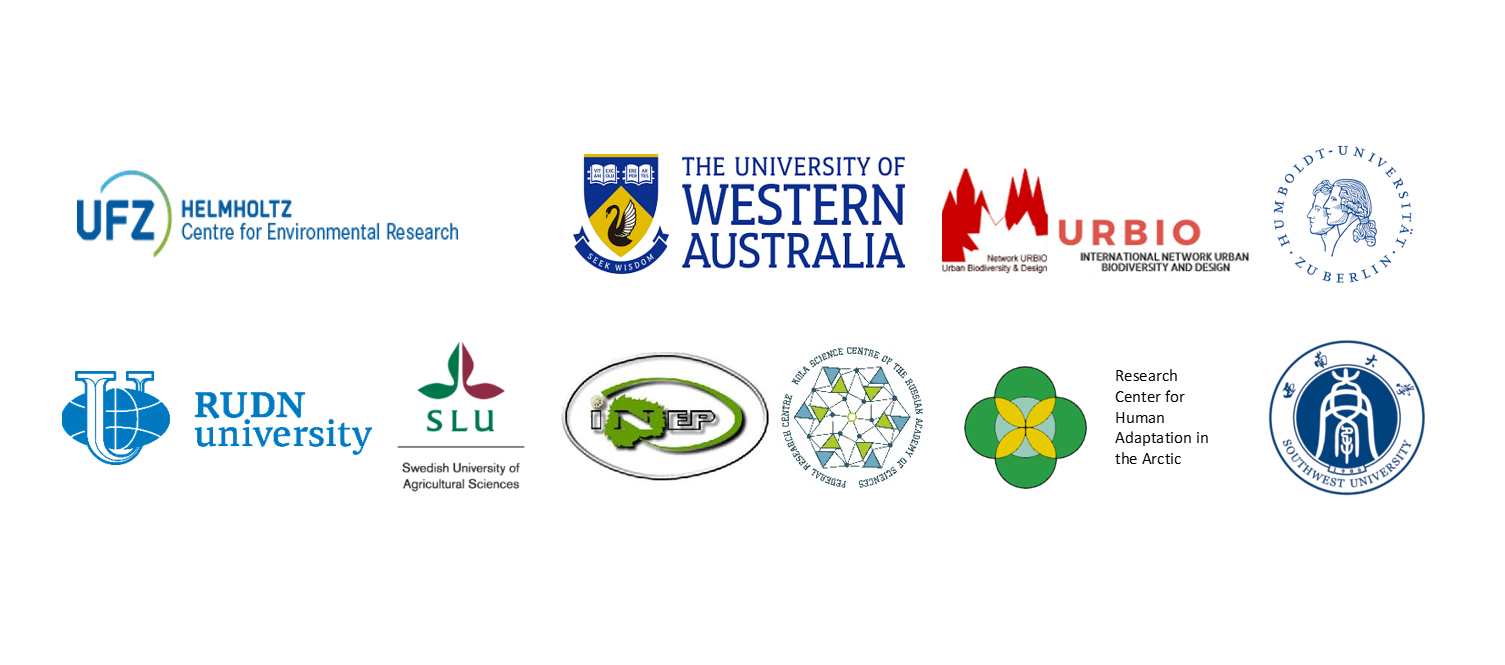The tea bag approach (http://www.teatime4science.org/about/the-project/) for measurement of microbial decomposition of soil organic matter has been applied for mountain, coastal, forest and arctic ecosystems, while for urban ecosystems located in various biomes such experience is not widely distributed. In Russia there are few amount of sites for which was provided the soil organic matter decomposition assessment by tea bag approach.
Smart Urban Nature team together with colleagues from the Kola Science Centre RAS, Institute of Geography RAS, Southern Federal University, Institute of Physicochemical and Biological Problems of Soil Science, RAS, the Central Chernozem Reserve, have decided to extend of the global map of the tea bag index and organized monitoring of the microbial activity of various soils in the European Russia with financial support of RSF No. 19 -77-30012.

